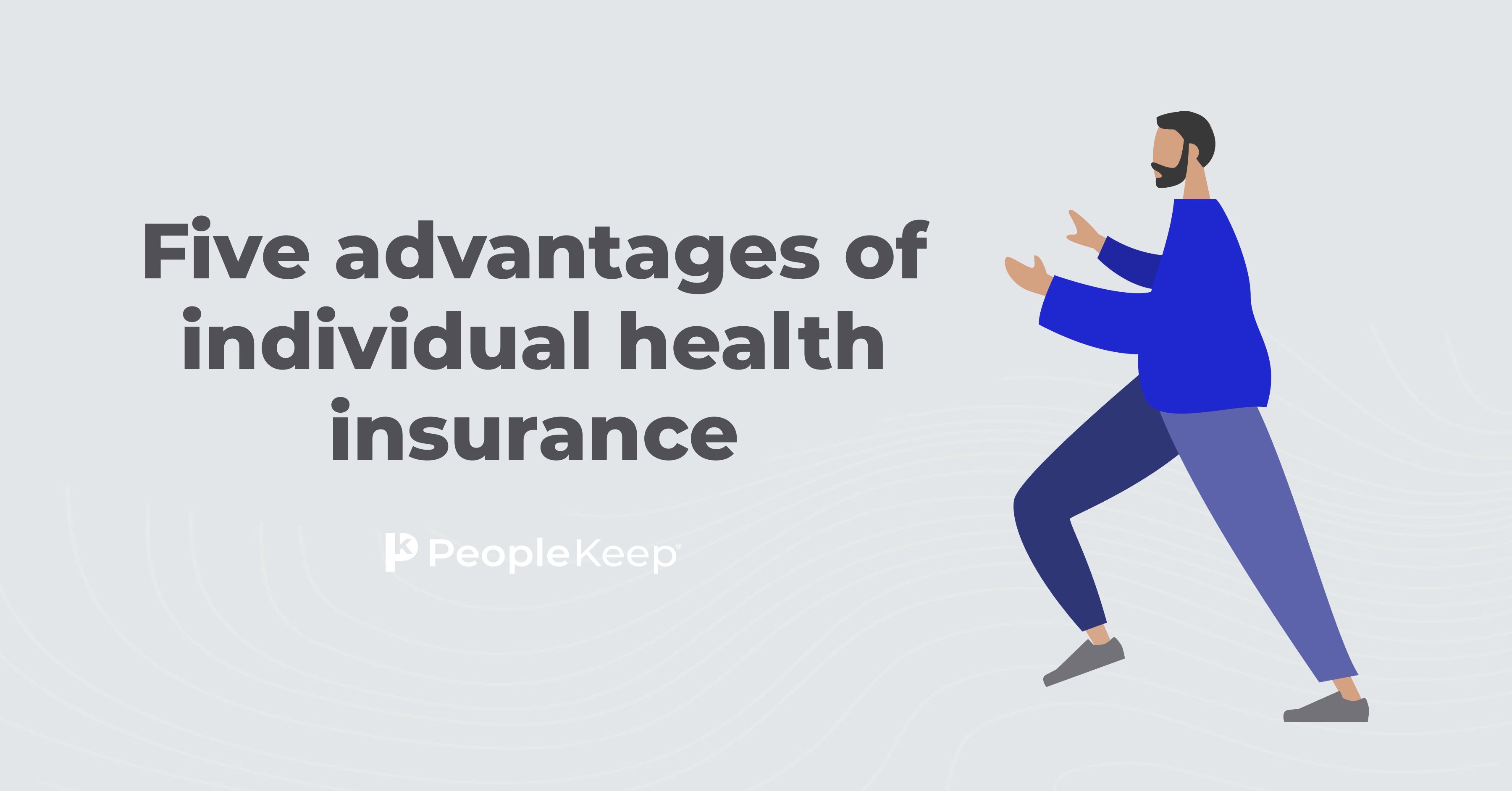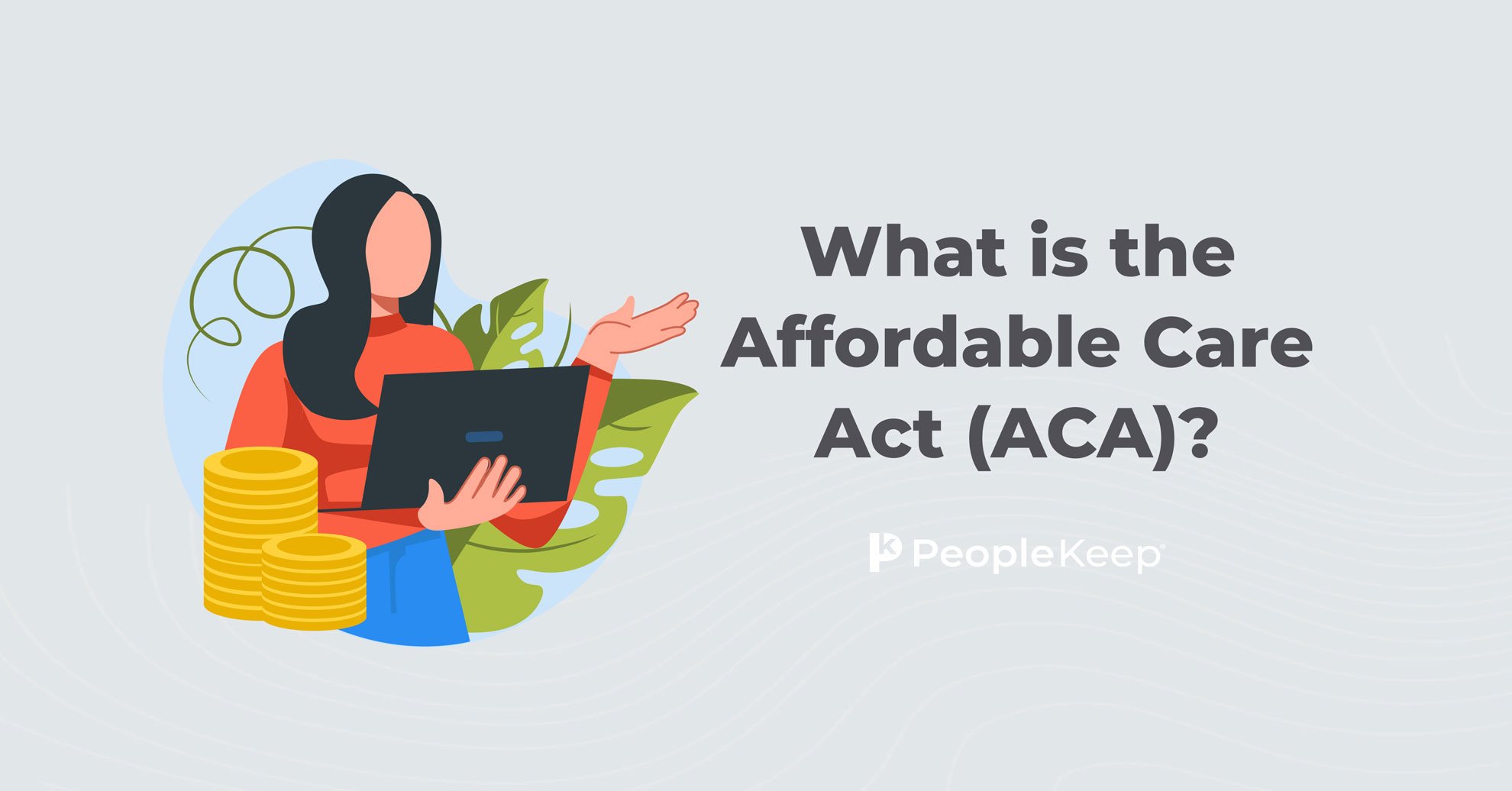How to get help choosing an individual health insurance plan
By Elizabeth Walker on October 6, 2025 at 9:15 AM
Whether you’re enrolling in health coverage for the first time or looking to switch your current plan, selecting an individual health insurance policy on your own can be difficult. Many individual health plans are available on public and private exchanges. But how do you know which one is right for you?
Choosing a health insurance plan doesn't have to be complicated or time-consuming. Nowadays, resources exist to help you enroll in a plan successfully. This includes helping you compare health insurance policies, reviewing network providers, and answering your questions and concerns.
To help you get started on the right foot, let’s review everything you need to know about individual health insurance plans and the resources available to help you choose the right one.
In this blog post, you’ll learn:
- About the five categories of individual health insurance plans, what they cover, and how they can impact the cost of coverage.
- How public health exchanges and their customer service teams provide free tools and guidance to help you compare, choose, and enroll in the right health plan.
- How private exchanges and health insurance brokers offer personalized support to help you find coverage that matches your needs and budget.
What is an individual health insurance plan?
An individual health insurance plan is a policy that individual consumers or families buy independently. This isn’t coverage you get through an employer, like traditional group health insurance. You can buy individual health plans directly from a health insurer, a broker, or a state or federal health insurance exchange, also known as a marketplace.
When purchasing an individual plan, you can select a policy with your preferred features, covered benefits, and metallic tier. This helps you tailor your plan to meet your and your family’s healthcare needs, ensuring you get exactly what you want. Additionally, compared to employer-sponsored group health plans, many individual policies tend to be more affordable.
You can purchase supplemental or ancillary plans, such as dental, vision, and disability insurance, on an individual basis. An employer may not offer these policies as part of their benefits package, so individuals are often responsible for choosing and paying for them on their own.
Lastly, individual plans aren’t dependent on employment. You can keep your policy as long as you like, provided you continue to pay the monthly premium to keep the plan active.
What are the five categories of individual health plans?
When shopping for individual health coverage, it’s essential to know basic health insurance terminology. You are likely familiar with the various plan types available on the individual market. However, there are also five health plan categories, or metal tiers, that help define the policies available on public exchanges.
The plan categories are catastrophic, bronze, silver, gold, and platinum. The higher the category level, the more the insurance company pays toward healthcare expenses. The lower the level, the less the insurer will pay. On the other hand, the higher the tier, the higher your monthly premium amount. It’s also important to note that your chosen tier doesn’t impact your quality of care.
The following shows the approximate share of medical expenses a health plan will cover compared with what you can expect to cover with each type of plan:
- Bronze: You pay 40%, and the health insurance issuer pays 60%.
- Silver: You pay 30%, and the insurer pays 70%.
- Gold: You pay 20%, and the insurance carrier pays 80%.
- Platinum: You pay 10%, and the health insurance provider pays 90%.
According to the Affordable Care Act (ACA), all marketplace health plans will cover the ten essential health benefits. Additionally, tiers can have plans in any type of network. For example, there are gold HMO plans and gold PPO plans.
If you qualify, you can also purchase other types of plans, like catastrophic plans. These plans offer those who meet specific criteria more affordable premiums in exchange for a higher annual deductible.
How much does individual health insurance cost?
According to KFF, the national average monthly premium for a benchmark ACA plan in 2025 was $4971. A benchmark plan is the second-lowest-cost silver policy available on public marketplaces.
The average monthly cost of individual health insurance can vary depending on factors like:
- Age
- Geographic location
- Family status (whether you’re buying coverage for yourself or including dependents)
- Tobacco use
- Metal tier plan type
Due to the ACA, a health insurer can no longer determine your price based on gender or a pre-existing medical condition.
Depending on your annual income level and other factors, you can qualify for premium tax credits and other federal government subsidies through the public marketplaces, which can help make individual coverage more affordable. However, subsidies aren’t available if you shop on a private health exchange.
Who should purchase individual health insurance?
You may think you don't need health insurance if you’re young and healthy. But that’s not a good guideline to follow.
You should consider purchasing your own individual health insurance plan if:
- You’re self-employed.
- You’re a small business owner.
- You’re turning 26 and aging off of your parents’ health insurance policy.
- Your job doesn’t provide employer-sponsored health insurance.
- Your employer offers you a stand-alone HRA.
Healthcare costs can be expensive, especially if you need emergency care. For example, the average cost of an inpatient hospital stay for treating heart failure is about $13,418. If you don’t have the money to pay the out-of-pocket costs that come with unexpected medical bills or treatment for chronic diseases, you can quickly find yourself in serious medical debt.
An individual health insurance policy can cushion the blow if you experience a medical crisis or need urgent care. Some policies, such as a high deductible health plan (HDHP) or a bronze plan, typically have lower monthly premiums. So, affording an individual plan can be more cost-effective than you think.
If your employer offers an alternative type of health benefit, you may also want to purchase an individual plan. Suppose your employer offers you a health reimbursement arrangement (HRA), like a qualified small employer HRA (QSEHRA) or individual coverage HRA (ICHRA). In that case, you’ll need a qualifying medical plan that meets minimum essential coverage (MEC) to participate in the benefit. An individual health insurance plan from the marketplaces will help you meet this requirement.
Ways you can get help shopping for individual health insurance
If you’re ready to shop for individual health insurance, you may be wary if it’s your first time. But finding the right policy that fits your needs doesn’t have to be complicated. There are many cutting-edge technologies to help you browse, compare, and enroll in coverage in no time.
The following platforms and experts offer assistance and resources to help you choose the right individual health plan and medical services.
Public health exchanges
A public health exchange is a marketplace operated by the federal government, a state government, or a government-contracted entity. Common public exchanges are the federal Health Insurance Marketplace and state-based Marketplaces.
Public exchanges enable individuals to conveniently shop, compare, and enroll in a qualified health plan online or by phone, with personalized help from a licensed agent. These healthcare agents aren’t associated with a specific type of health insurance or carrier. So, they’ll provide you with unbiased assistance.
Shoppers can find the right health plan for themselves by filtering by:
- Budget
- Preferred providers
- ZIP code
- Health coverage services and other plan benefits
- Health insurance company
You can also find out if you’re eligible for premium tax credits and other subsidies on public marketplaces. If you have questions, public exchanges also offer free customer support options.
Private health exchanges
Insurance companies, agents, and brokers are private health insurance exchanges. While public exchanges only offer ACA-compliant health plans, private exchanges can offer ACA-compliant plans as well as other types, such as supplemental and ancillary plans. This means you can shop for all the coverage you need, all in one convenient location.
Off-exchange individual health plans might come with household income eligibility thresholds for participants. Therefore, consider working with a broker to ensure you select the best plan possible. Brokers have a wealth of experience dealing with insurers and have extensive knowledge of a wide range of health plans. They work with you directly to find affordable health insurance coverage for you and your family.
Once you find the health plan you want, you can enroll through your agent or broker rather than the insurance provider. But remember, if you enroll in a plan on a private exchange, you won’t be eligible for any cost-sharing reductions or premium tax credits that may be available if you shop on a public marketplace.
Healthcare shopping companies
The last way you can get help choosing an individual health plan is through a healthcare shopping company. These private companies are like health insurance marketplaces: they help individuals shop, compare, and enroll in affordable health and supplemental insurance. Their support staff is often available year-round to work with your health insurer to resolve issues.
Healthcare shopping companies design their platforms to recommend different types of health insurance, consolidate plan information for easy comparisons, and act as advocates when booking appointments and disputing bills. Whether online or over the phone, these companies provide personalized insurance solutions and advocacy to their customers seamlessly.
Some top healthcare shopping companies are:
- Stride Health
- KindHealth
- GetInsured
- HealthSherpa
If your employer offers a QSEHRA or ICHRA through PeopleKeep by Remodel Health, you can shop for a policy right from your online dashboard. This makes it easy to find coverage that works with your stand-alone HRA.
Conclusion
There’s no right or wrong answer when it comes to picking the perfect individual health insurance policy. The public or private health exchange can help you find individual coverage. However, a broker or a personalized healthcare shopping company can also help you compare plan options, optimize health savings, and guide you through the enrollment process.
Though health insurance can be confusing initially, it's essential for your overall health and well-being in the long run, especially if you have a medical emergency. Luckily, experts and organizations are waiting to help you get the type of health plan you need.
This article was originally published on June 1, 2022. It was last updated on October 6, 2025.
Check out more resources
See these related articles

Best health insurance options for students
Are you a student in need of health insurance? Explore the best options available to you with this comprehensive guide to student health insurance plans.

5 advantages of individual health insurance
Individual health insurance has a range of advantages, from comprehensive coverage to the ability to tailor your plan to your needs. Find out more in this guide.

What is the Affordable Care Act (ACA)?
The Affordable Care Act (ACA) expanded access to health insurance. Learn what the ACA is, what it requires, and how it impacts individuals and employers.



